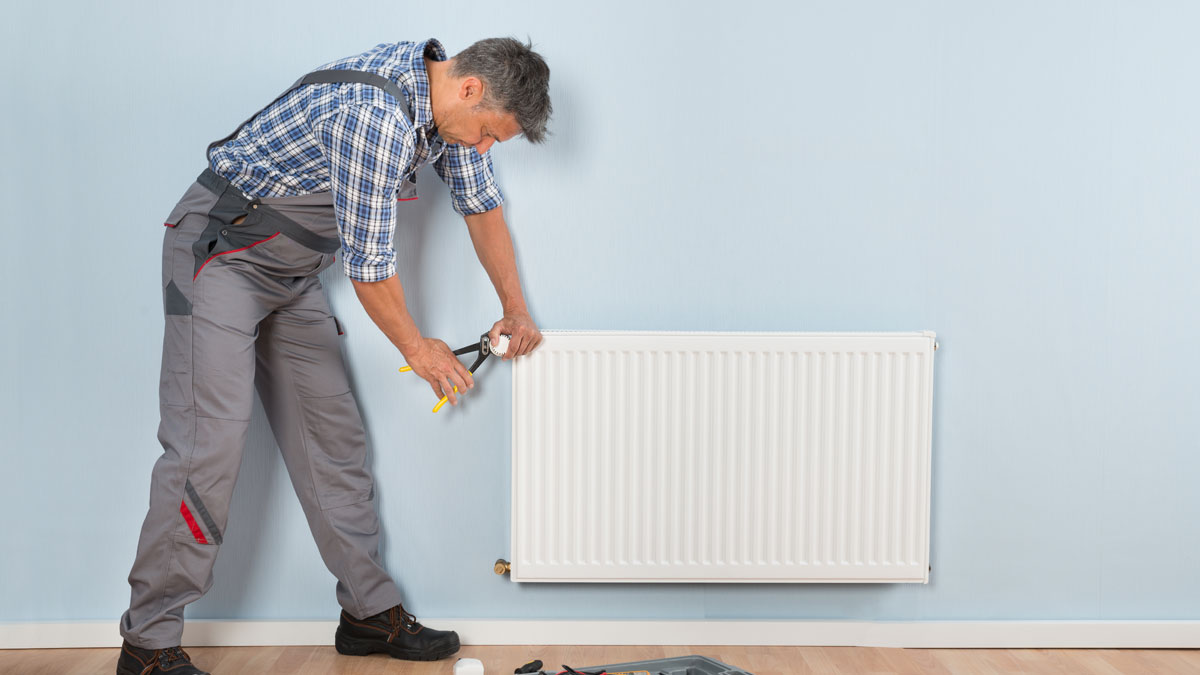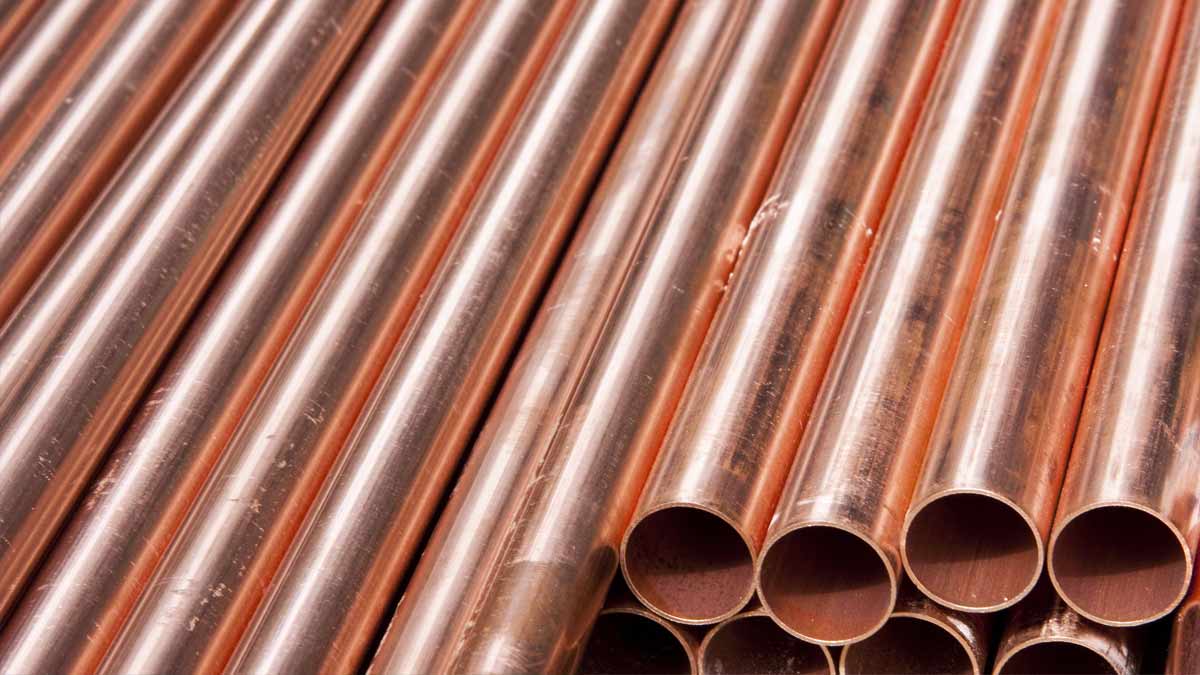When deciding what type of piping to use, there are a lot of things that you have to consider. PEX, Copper, and PVC pipes are among the most popular materials that are typically used. There is a general debate as to which is the better material for residential plumbing systems, so this article reviews residential plumbing system options and the pros and cons of each.
PEX, Copper and PVC Explained
PEX Pipes
PEX tube stands for Cross-Linked Polyethylene. High-density polyethylene is melted and then extruded into a tube to create PEX pipe. PEX pipes are frequently quieter, rarely leak, can withstand extreme temperatures, and are eco-friendly. This makes the material Easy to assemble and can be processed into various shapes. Plastic or brass PEX fittings are recommended for areas with extreme soil and water conditions.
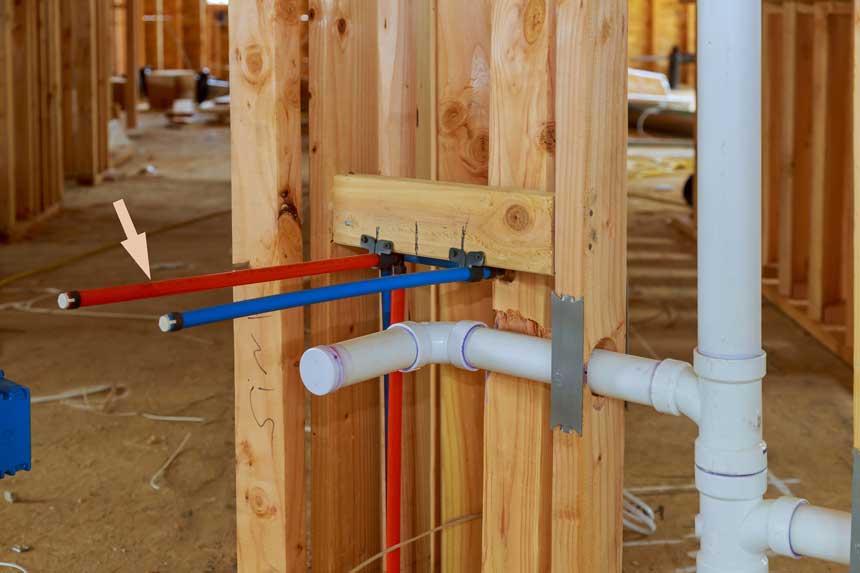
Copper Pipes
Copper tubing is probably the most traditional plumbing pipe due to its long life and high reliability. They are very durable and withstand extreme temperatures. Handling copper tubing requires experience soldering tubing and fittings. Additionally, if the pH of the water is below 7, a system should be installed to balance the acidity of the water and prevent copper from corroding. Copper is stiffer and more expensive than other pipes for plumbing, which can lead to higher installation costs.
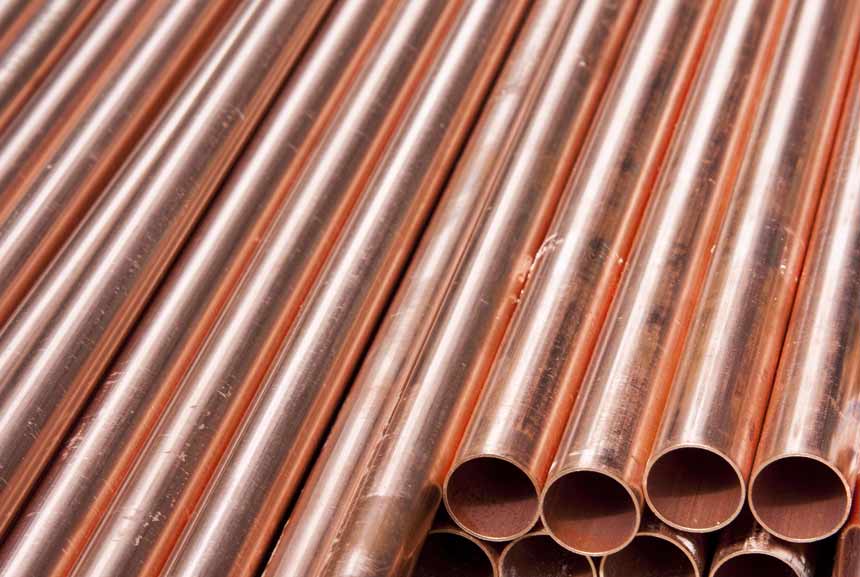
PVC Pipes
PVC is an abbreviation for polyvinyl chloride. PVC pipes are easy to assemble and can be processed into various shapes. The smooth lines of plastic pipes reduce water flow resistance and prevent clogging. They can be easily recycled. Absent damage due to impact, they will last for years. They also have fewer joints, making them more resistant to tree root penetration.
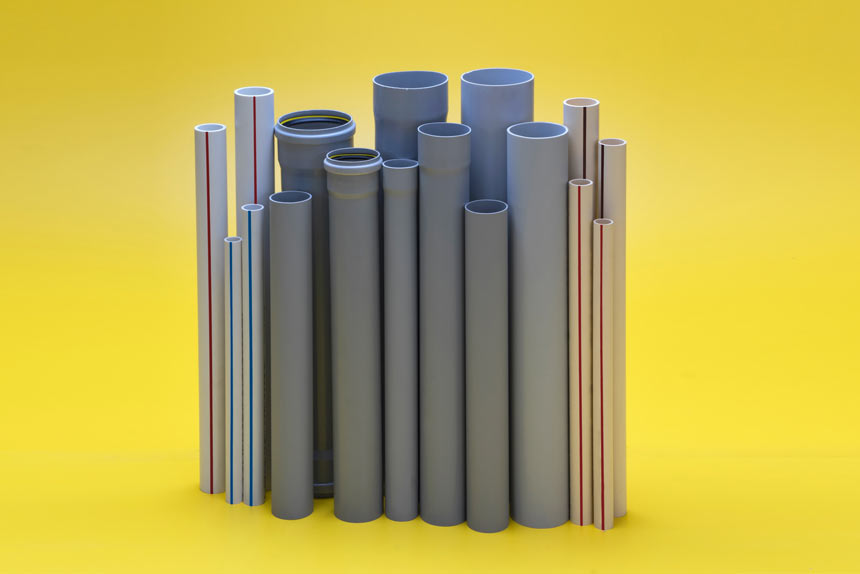
PVC vs Copper vs PEX – Cons and Pros
PEX Pipes
Pros:
- PVC pipes are durable and versatile.
- They are immune to underground external and internal corrosion.
- PVC piping has been shown to have the lowest burst rate compared to cast iron, ductile iron, concrete, steel and asbestos cement.
- Plastic water pipe is a very cheap material and quick and easy to install.
- Proper installation of PVC pipes in your home requires a minimum of skills and tools.
Cons:
- Plastic piping may deteriorate due to heat and ultraviolet rays, so it cannot be used outdoors or in hot water pipes.
- Although it can be recycled, PVC does not decompose and remains in the trash for a long time.
- PVC pipe size options are limited, and the fittings used to join PVC pipe tend to be bulky.
Copper Pipes
Pros:
- Copper piping are not as flexible as PEX tubing, but they are lightweight and flexible.
- Copper is suitable for heat pumps and air conditioning piping.
- Copper is durable. Most manufacturers offer a 50-year warranty with a 70-year lifespan.
- Copper has natural antibacterial properties that prevent the growth of bacteria in pipes.
- They are environmentally friendly. Copper tubes is 100% recyclable.
- Sunlight and UV rays do not attack copper.
- Copper pipes do not produce toxic fumes.
Cons:
- Copper pipes also encounter problems due to water acidity and corrode over time.
- Installations with copper tubing are more difficult as they require elbow fittings to turn corners.
- The metals in copper tubes can produce an unpleasant metallic taste in drinking water.
- In extremely cold regions, copper tubing may freeze and burst.
PEX Pipes
Pros:
- They can be easily shrunk and expanded without cracking or corroding.
- PEX piping is inexpensive.
- They are efficient when it comes to keeping heat in the tube.
- PEX pipes do not corrode over time like metal pipes. PEX is easier to connect than copper or PVC.
- Simple Snap-On connectors or compression tools with crimp ring reduce labour costs.
Cons:
- PEX piping is not suitable for outdoor use.
- If they need to be replaced, old PEX pipes cannot be recycled.
- PEX pipes degrade quickly when exposed to UV light.
- All installers must be certified to install correctly using PEX. Warranty will be void if not certified.
As mentioned above, you can use a tankless heater or heat pump as different green ways to heat the water. But what if you do not prefer them? Is there any other option? Yes, you can heat your water with solar power. With solar panels on your house, you can save energy costs on heating your water. Furthermore, you can save on almost every aspect of your home that uses electricity. This energy source is one of the best methods of going green in your household.
Choosing the right pipe for your building
How do you know which type of piping is the right choice for your building? Some of the most notable factors of choosing to type of pipes include:
- Your budget
- Their application
- The location
- Water types
- Local building codes
- Desired water pressures
- Soil characteristics
Keep reading to better understand which pipe is suitable for you.
PVC vs Copper vs PEX: Ease of installation / maintenance
How do you know which type of piping is the right choice for your building? Some of the most notable factors of choosing to type of pipes include:
- Your budget
- Their application
- The location
- Water types
- Local building codes
- Desired water pressures
- Soil characteristics
Keep reading to better understand which pipe is suitable for you.
| PEX | Copper | PVC | |
|---|---|---|---|
| Health and Safety | • PEX is connected to a mechanical fitting. • It has been found to exceed US Environmental Protection Agency (EPA) water quality standards. • All PEX systems are certified according to NSF/ANSI/CAN 61 and therefore approved for potable water applications. • PEX is resistant to leaching, pitting and deposits. • It has no theft concerns like copper. | • Copper pipes require soldering and can pose a fire hazard during installation. • It can effectively inhibit the growth of bacteria. • ultraviolet rays can’t affect copper so they can be used outdoors as well as indoors. | • PVC pipes release organic matter to provide nutrients for bacterial growth and formation. • In hot water systems, plastic pipes also create a breeding environment for microorganisms. • Chemicals from the plastic manufacturing process enter the water and create its flavour. |
| Ease of Installation | • Easier and faster installation due to flexibility and fewer fittings and connections, without any soldering or special tools. • Easy to bend around corners and walls without adding joints or cutting drywall • The PEX system is easy to drain as each line can be installed independent of the influent water source. | • It is heavy, requires more fittings and connections, and is cumbersome to install. • A welding torch must be used to solder and seal the fittings. • Since it is hard, it is necessary to cut it and attach an angle piece for the corner. • Plumber may need to remove drywall to make connections. | • PVC is easy to install and repair, but more connections, especially elbows. • fits better in small spaces. • Damaged areas of PVC pipe can be cut out and replaced with another pipe and couplings. |
| Failure Rate and Durability | • PEX pipes are characterized by the fact that they do not form corrosion or deposits inside the pipe. • PEX pipes can last 50 years with proper care. • PEX is immune to corrosion and mineral deposits and to electrolysis. • PEX pipes are less likely to burst than metal pipes in frozen conditions. • Installing PEX piping eliminates many potential leaks in piping due to corrosion or poor fittings. | • Depending on the water chemistry, it is highly corrosive. • Copper tubing can last 50 years or more with proper care. However, without proper care, it has been found to leak in the first 5-10 years. Copper tubing is known to fail or develop pinhole leaks in as little as five years. | • PVC piping are often used for drainage as they can be damaged by extrme heat. • PVC pipes have a lifespan of 70 years or more. • PVC pipe failure rate is very low. • PVC has a long life. |
Overall
Knowing your house and what works well for it will help you choose the best material. The choice of a certain material depends on factors like location, age, and water system type. Therefore, while selecting plumbing pipe, consider the situation of your project and select the material that works best for you. If you have any issues about the best types of pipes for you, our team is here to help you with general plumbing service and provide all the information you need.
How useful was this post?
Click on a star to rate it!
Average rating / 5. Vote count:
No votes so far! Be the first to rate this post.





